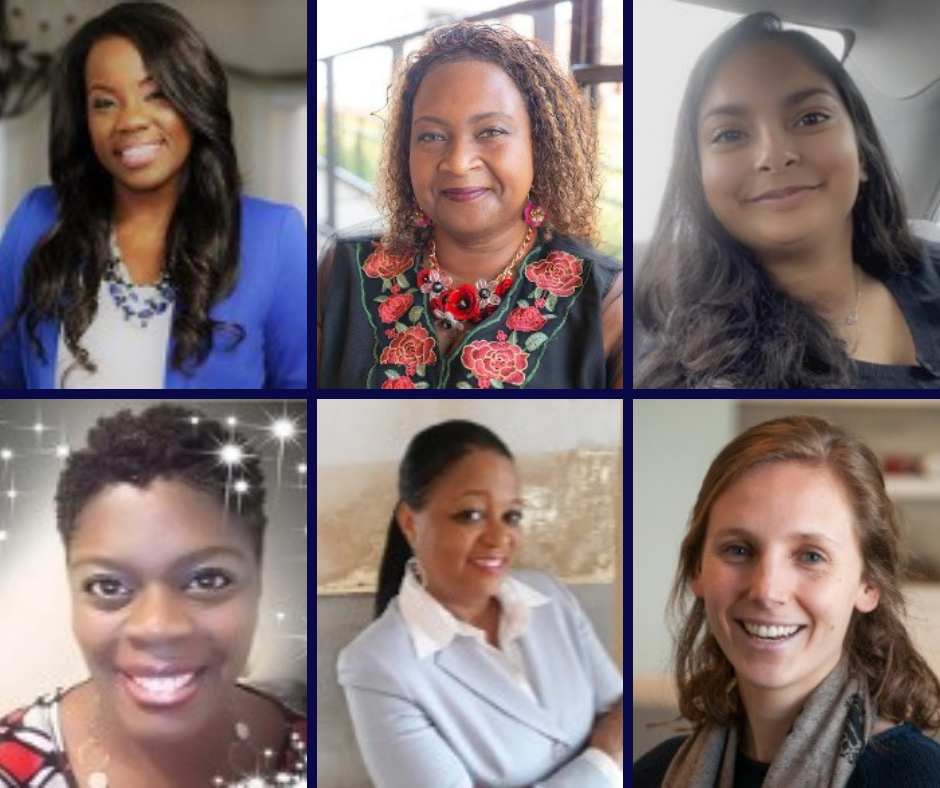There’s a way to put real, decision-making power into the hands of the community– Participatory Budgeting. That’s a program that lets you propose ideas to change your neighborhood. Then everyone gets a chance to vote for them to be funded in the next budget.
The History of Participatory Budgeting
Starting in Brazil in 1989, there are now over 1,500 participatory budgets around the world. Both Greensboro and Durham have participatory budgeting programs. Mecklenburg County is the first North Carolina county to use it.
What Makes a Good Project?
Project ideas could range from playground equipment or outdoor workout equipment for a neighborhood park, or a financial literacy workshop implemented by a local nonprofit. Eligible ideas are projects or programs with a one-time cost that benefit the whole community. The County doesn’t fund infrastructure projects or community services so the list of eligible projects doesn’t include things like sidewalk construction, bus stops, and street repair. City and town governments usually cover those.
Meet the Community Volunteers
The first step was recruiting volunteers. They help keep this process both transparent and rooted in community needs. They also help prioritize their voting district’s top needs. Volunteers evaluate community project ideas on three main criteria: equity, community impact, and cost feasibility. We talked to some of them about why they stepped up and what community means to them.

Bottom (Left to Right): Latesha Graham, Patricia Malone-Williams, Carley Tucker
Yvette Townsend-Ingram, Age 50, Lived here 20-30 years
I am a community leader and I do budgeting & consulting for a living. It was a natural fit! Community to me is a diverse group of stakeholders who want to constantly and consistently improve upon shared benefits so that everyone living in the community may thrive and live their best life.
Carley Tucker, Age 27, Mecklenburg County Native
I wanted to volunteer for a couple of reasons. I grew up in District 5 and it’s important for me that we continue to make our neighborhoods healthier and better for those who are most marginalized and have access to the fewest resources. I also wanted to get a better idea of how the county government works and budgets. This was a way to do both!
Latesha Graham, Age 44, Lived here less than 3 years
Community means looking out for one another. Community is the foundation that is built on the people who live and thrive together. This was a great opportunity for the community to get involved.
Reese Scales, Age 43, Lived here more than 15 years
I see the needs in my community and wanted to be a part of the solutions provided.
Bruce Chapman, Mecklenburg County Native (not pictured)
[I volunteered to] implement needed change based on street-level observations & experiences.Anusha Ray, Age 16, Lived here less than 3 years
I’ve always had a strong passion for community service and this opportunity seemed perfect for that. I really wanted to learn from this experience. Since I’m new to this community, it was important for me to learn more about the area. On top of this, I’m excited to learn more about financial management skills.
To me, community represents a group of people who look out for each other. This doesn’t necessarily imply that we have to be best friends with each and every person in our community… but it means that there’s an unspoken connection between the people. While our guardians are the people who primarily raise us, if we take the time to think about it, we are raised by our community members.
Patricia Malone-Williams, Lived here nearly 30 years
I own a non-profit mentoring program for adolescents. Those connections to the community have opened my awareness of the needs that are present. I wanted to volunteer for the budgeting team to have an impact on and influence the direction of my community. There’s so much to do, but this is my contribution to making a difference.
For me, community means meeting and interacting with neighbors and strangers in a way that promotes a feeling of pride in where you live and socialize. It’s a common understanding to help those who are struggling and to recognize that we can be no better than the person most in need.
Your Turn
This program empowers YOU to imagine how your community could grow, then translate those ideas into a wider impact. Volunteer, submit an idea or vote for one. Then, when it’s time to see the results of the process, you can always watch it online.
